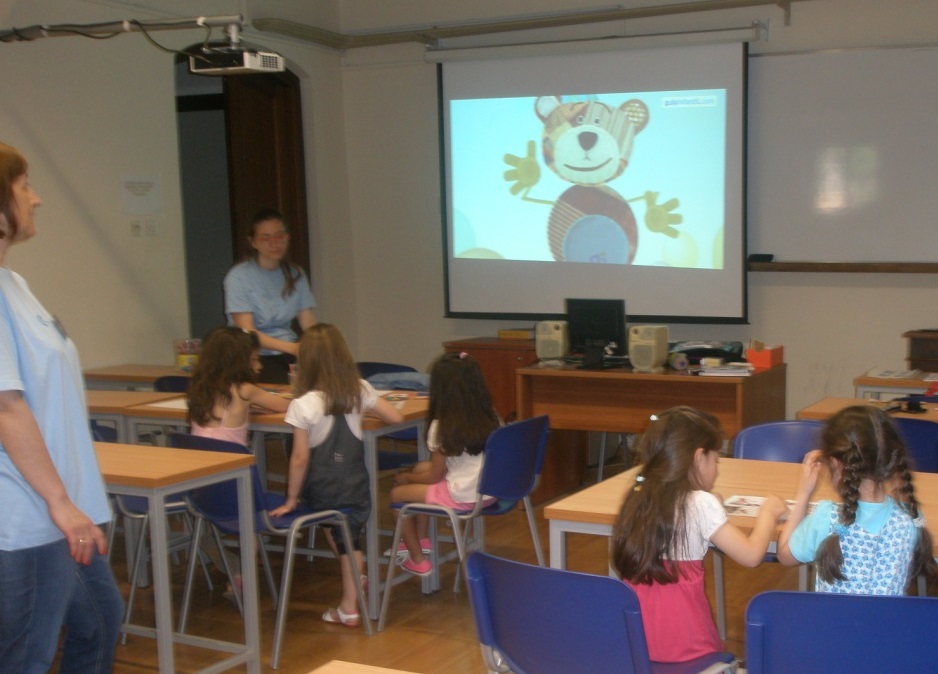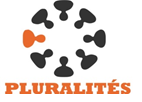Educational plurilingual and pluricultural workshops for children
The workshops we offer are addressed to children aged 4-12 and they are held in the premises of the Aristotle University which have been properly arranged for children by a group of experienced teachers, whose research and work experience on plurilingualism and pluriculturalism guarantee a perfect result.
The workshops adopt plurilingual approaches, which are part of the European «Awakening to Languages» Program (Language Awareness) and are based on the principles of FREPA (Framework of Reference for Pluralistic Approaches), drawn up by the Council of Europe (http://carap.ecml.at/).
The Pluralités research group is the first to implement plurilingual and pluricultural activities in schools in Greece and it is responsible for the planning and production of original educational materials used in workshops. The activities are carried out in a playful and entertaining manner so that, they not only look attractive to children but they also encourage the teaching process and learning.
What are plurilingual and pluricultural activities?
These activities are designed according to the approaches proposed by the “Common Framework of Reference for Pluralistic Approaches of Languages and Cultures” of the Council of Europe.
During the learning process, children get into contact with many languages simultaneously, including foreign languages taught at school, their home languages, Greek which is the language of teaching, local languages or dialects, minority languages that are spoken in the close family or in the wider social context. Moreover, the reflective skills of children are enhanced not only in the framework of teaching / learning of language subjects, but also in that of non-language subjects.
All these plurilingual and pluricultural activities do not have the ultimate goal of language learning, but, mainly, the children’s awareness and their familiarization with the linguistic and cultural diversity that characterizes modern societies in Europe and in the whole world.
Through these entertaining plurilingual and pluricultural activities children acquire knowledge and develop positive attitude and skills that accompany them throughout their school life and, later on, but in their actual life.
Objectives
The plurilingual and pluricultural activities aim at:
- Sensitizing children to the linguistic and cultural diversity, but also making them realize their own diversity, through the acknowledgement and respect for the linguistic and cultural identities and skills of each individual.
- Developing children’s ability to observe and analyze the languages, and thus develop the necessary skills to learn not only the foreign language but their native language.
- Encouraging the desire of children to learn different languages.
- Enriching children’s knowledge regarding the languages that are in their immediate family context, in their wider society context or in the world, as well as regarding the position of those languages in society.
Benefits
The benefits of plurilingual and pluricultural approaches in the psychological, neurophysiological, anthropological and educational development of children:
- Adopting a positive attitude towards language learning.
- Encouraging and facilitating linguistic conquest thanks to the plasticity of the children’s brain of this age.
- Facilitating the conquest of the social, cultural and linguistic rules.
- Developing communication skills, which allow them to socialize and communicate with people of other ethnic, linguistic or cultural communities in modern societies.
